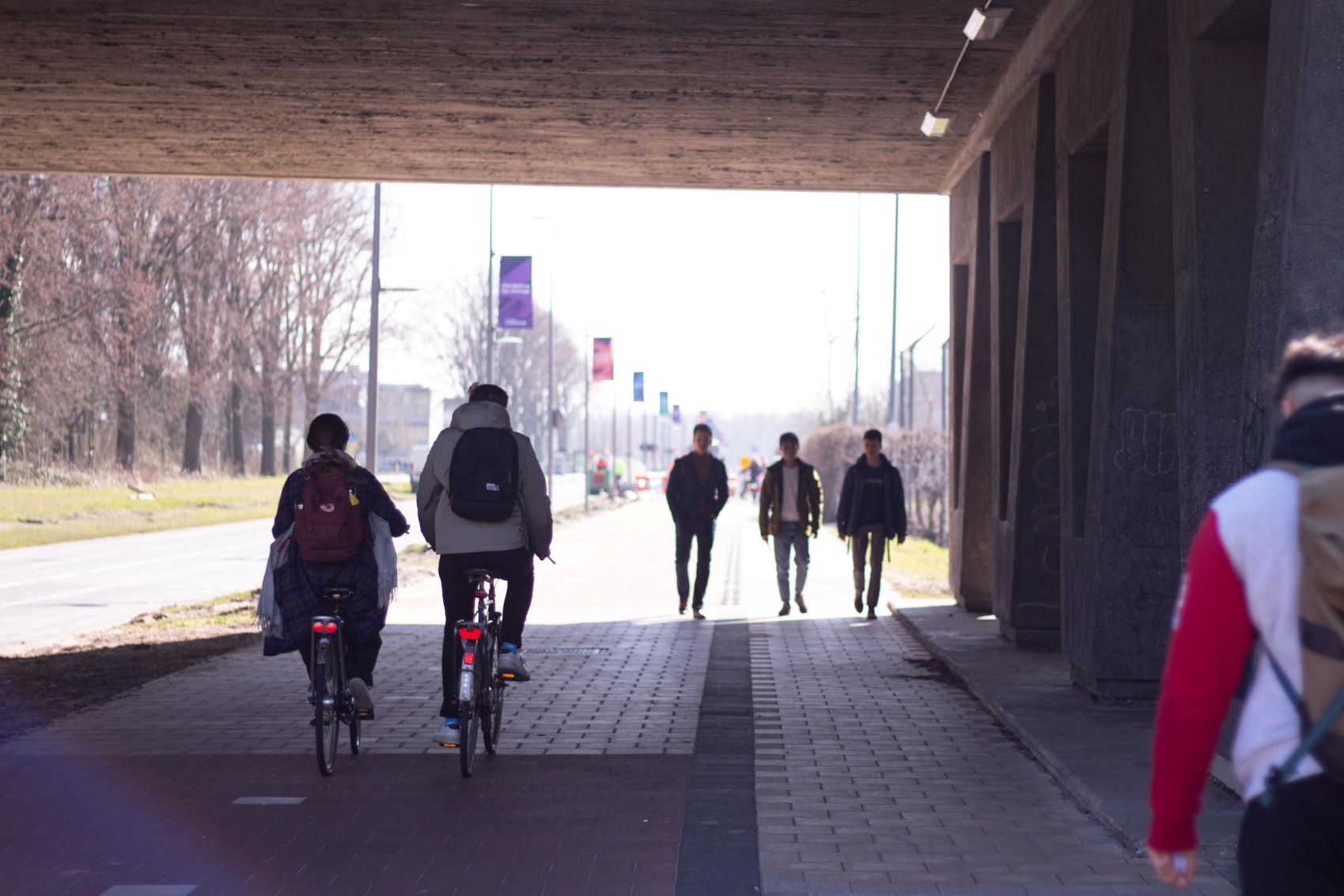Two Dutch universities are discontinuing their scholarship programmes for Chinese PhD students. They get insufficient funding and there are knowledge security concerns. Other universities should also exercise caution, VVD politicians warn.
Photo only for illustration. (Photo: Justyna Botor)
For a long time, the Netherlands was more than willing to partner with China. Data from the Clingendael Institute shows that Dutch universities hosted around 2,200 PhD students on scholarships from the Chinese Scholarship Council (CSC) last year. Only the UK, Russia and Germany welcomed more Chinese PhD students.
But after warnings from the intelligence services and amid growing debate about knowledge security, the mood is changing. Just before the summer, Eindhoven University of Technology announced that it was terminating its CSC programme, and now Maastricht University has also decided not to renew its contract.
Tax Administration
The official reason cited by the universities is that Chinese PhD students in the Netherlands struggle to make ends meet on the 1,350 euros they receive each month. Nor do they meet the income standard set by the Immigration and Naturalisation Service, which only approves visas if the applicant can prove they have a monthly budget of at least 1,613 euros.
Whereas the University of Groningen tops up the students’ monthly stipends to bridge this gap, Eindhoven University of Technology and Maastricht University do not. Among other things, Maastricht wants to avoid getting into trouble with the Tax Administration.
There are also concerns about knowledge security. In an interview published last Friday by university magazine Observant, the rector magnificus of Maastricht University noted that the ‘loyalty pledges’ CSC students are required to sign are also a “point of concern”.
Allegiance to the party
The Chinese government asks PhD students to pledge allegiance to the Communist Party and obey the Chinese embassy in the Netherlands. After completing their degree, which usually takes four years, the students promise to return to their homeland.
Current affairs programme EenVandaag reported that Chinese students in the Netherlands feel pressured by the long arm of the CCP, although hard evidence of interference is lacking. To be on the safe side, one student who was planning to write her thesis on Hong Kong decided to abandon the idea.
Diplomatic dialogue
The foreign ministry has discussed this issue with the Chinese embassy, education minister Eppo Bruins said in response to parliamentary questions from coalition party VVD. “In this conversation, we highlighted the importance of protecting students’ academic freedom and freedom of expression in the Netherlands.”
He went on to say that he also planned to address the issue personally. “I too will be raising these interests with my Chinese counterpart in the near future, in my response to a letter of congratulation I received when I took office.”
Which programmes?
The VVD wants more universities to take a critical look at their intake of Chinese students, says MP Claire Martens. “Our intelligence and security service has issued serious warnings. I hope that universities will take appropriate measures in response.”
She also asked the minister exactly which programmes should bar Chinese students. Which areas would give them access to sensitive information? Minister Bruins’ predecessor, Robbert Dijkgraaf, had already started compiling a list of subject areas and programmes, but this project was postponed in May.
But don’t we want to give Chinese students the chance to experience Western freedoms for themselves? “I think it’s great if Chinese students get a taste of Dutch democracy”, Martens replies, “but we shouldn’t be naive, especially when it comes to giving Chinese students access to technical programmes. In my view, this represents a clear danger.”
HOP, Olmo Linthorst
Translation: Taalcentrum-VU
Do you have a question or comment about this article?
redactie@hogeronderwijspersbureau.nl


Comments are closed.